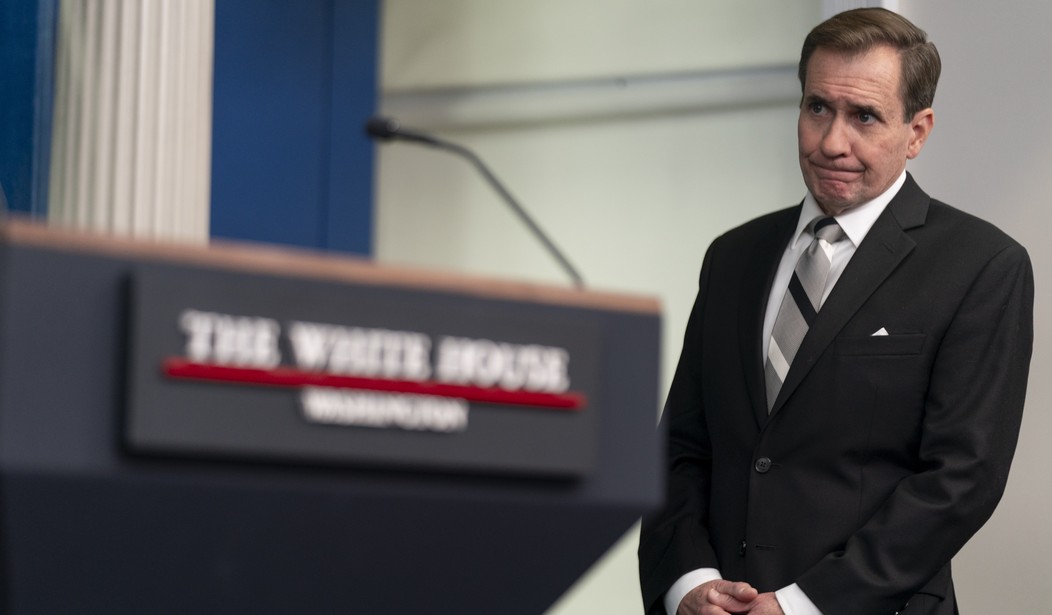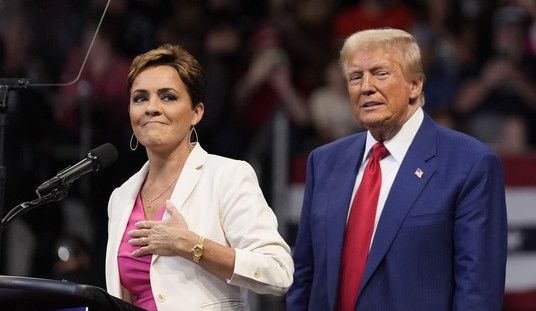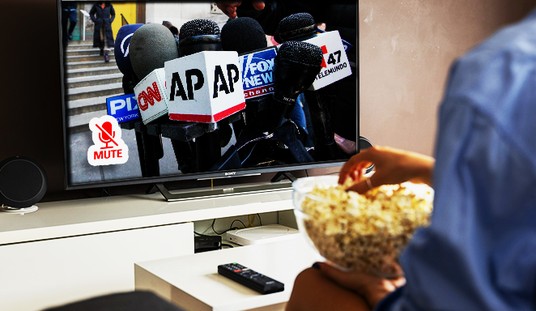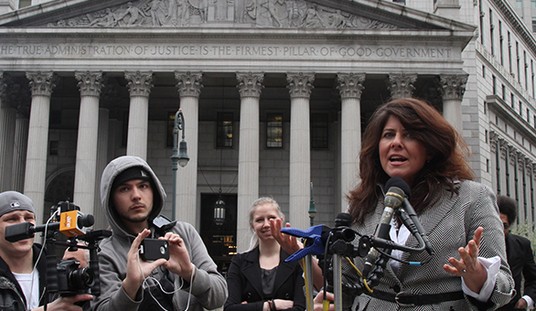On Monday, diplomatic relations between the United States and Israel became further strained after the U.S. allowed a United Nations Security Council resolution to pass. The U.S. abstained from voting on a resolution that demanded an immediate ceasefire in Gaza.
Previously, the U.S. had consistently vetoed similar resolutions calling for a ceasefire. However, its stance shifted last week when the U.S. proposed a ceasefire resolution linked to the release of hostages. This resolution was blocked by vetoes from Russia and China. The US decision to abstain during Monday's vote resulted in the passage of the latest resolution, as the other 14 out of 15 council members voted in favor.
White House National Security Communications Advisor John Kirby attempted to brush over America not voting in a press briefing later in the day, saying:
Today as you all know, we abstained on a U.N. Security Council resolution calling for a cease-fire in Gaza, until the end of Ramadan and the release of all the hostages. Our vote does not, -I repeat does not- represent a shift in our policy. We've been very clear, we've been very consistent in our support for a ceasefire as a part of a hostage deal. That's how the hostage deal was structured, and the resolution acknowledges the ongoing talks. We wanted to get to a place where we could support this resolution, but, because the final text does not have key language that we think is essential such as condemning Hamas, we couldn't support it. Though, because it does fairly reflect our view that a ceasefire and the release of hostages come together, we abstained.
Kirby claims abstaining from U.N. vote today does NOT signal a shift in the Biden admin's policy toward Israel. pic.twitter.com/mFKKC8wx2n
— Townhall.com (@townhallcom) March 25, 2024
When questioned by the media, suggesting that the U.S., by abstaining, creates a broader perception that the Americans no longer have Israel's back, Kirby responded:
That's just not true, Ed. Nothing could be further from the truth quite frankly. Of course, we still have Israel's back. I mean, as you and I are speaking we are still providing tools and capabilities, weapons systems so that Israel can defend itself, against what we agree is still a viable threat to Hamas. Again no change by this non-binding resolution in terms of what Israel can and cannot do in terms of defending itself.
KIRBY: "Of course we still have Israel's back...no change by this non-binding resolution." pic.twitter.com/Xb7QhvUFkg
— Townhall.com (@townhallcom) March 25, 2024
Kirby's verbal reassurances didn't seem to comfort Israel, as Netanyahu's office released a statement condemning the United State's vote and canceling a delegation's visit to Washington, D.C.
The statement said:
The United States has abandoned its policy in the UN today. Just a few days ago, it supported a Security Council resolution that linked a call for a ceasefire to the release of hostages. China and Russia vetoed that resolution partly because they opposed a ceasefire that was linked to the release of hostages. Yet today, Russia and China joined Algeria and others in supporting the new resolution precisely because it had no such linkage. Regrettably, the United States did not veto the new resolution, which calls for a ceasefire that is not contingent on the release of hostages. This constitutes a clear departure from the consistent US position in the Security Council since the beginning of the war. Today’s resolution gives Hamas hope that international pressure will force Israel to accept a ceasefire without the release of our hostages, thus harming both the war effort and the effort to release the hostages. Prime Minister Netanyahu made it clear last night that should the US depart from its principled policy and not veto this harmful resolution, he will cancel the Israeli delegation's visit to the United States. In light of the change in the US position, Prime Minister Netanyahu decided that the delegation will remain in Israel.
Monday's events underscore increasing rifts in relations with Israel, spurred by a hot-mic moment from President Joe Biden at the State of the Union address where he said he would be having a "Come to Jesus" talk with Netanyahu and Senate Majority Leader Chuck Schumer calling for regime change in Israel from the Senate floor.
As Republicans make efforts to keep the Middle-Eastern alliance strong, such as Speaker of the House Mike Johnson inviting an Israeli delegation to visit Washington in the wake of Schumer's calls to oust the Netanyahu regime, the Biden administration continues to throw cold water on our diplomatic relations with Israel.
Read More:
Netanyahu Slams Biden Over UN Ceasefire Vote, Calls Off Aides' Trip to Washington













Join the conversation as a VIP Member